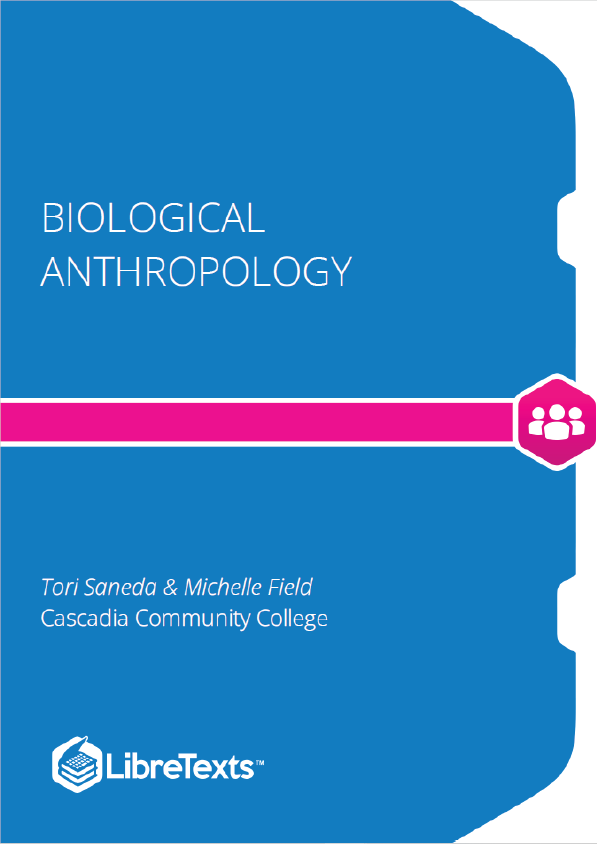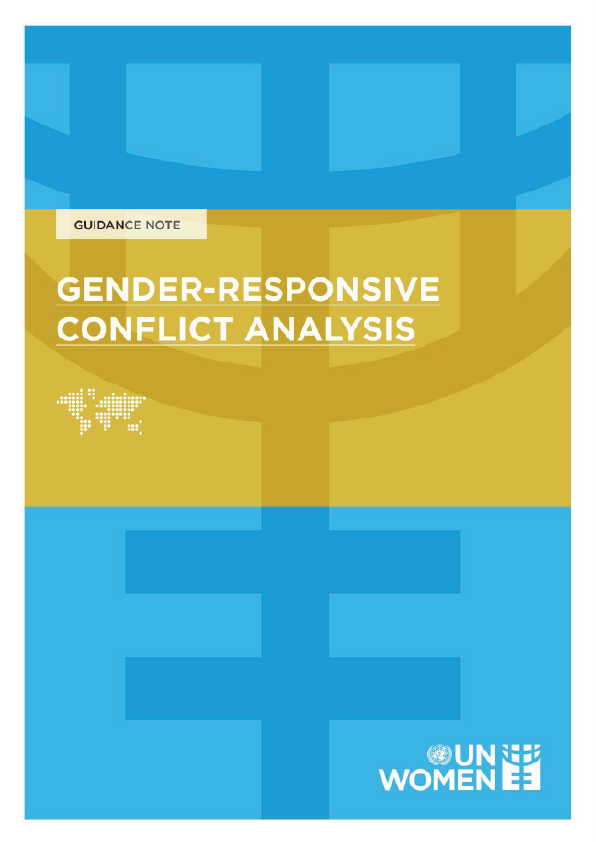Biological anthropology, also known as physical anthropology, is a scientific discipline concerned with the biological and behavioral aspects of human beings, their related non-human primates and their extinct hominin ancestors. It is a subfield of anthropology that provides a biological perspective to the systematic study of human beings. This textbook explores evolutionary theory, including the core concepts of basic genetics and the modern synthesis of evolution. Students will examine, critically evaluate and explain scientific claims about the origins of humankind and modern human variation as well as biocultural evolution. Students will develop critical thinking and communication skills through the application of essential anthropological approaches, theories, and methods.
Evolutionary Theory
- At the end of this unit, students will be able to:
- answer the question, What is Biological Anthropology?
- explain the Scientific Method
- describe The History of Evolutionary Thought, including the roles of Charles Darwin & Darwinian Evolution
- relate Cell Biology & Genetics to molecular evolution
- apply Genetics & Evolution: Mendelian Genetics
- show how Genetics & Evolution: The Modern Synthesis works in population genetics
- discuss how population genetics applies to Human Variation & Race
What is Biological Anthropology?
Anthropology is the scientific study of humankind. The main purpose of anthropology is for us to understand human biological and cultural diversity, and the origins of humans. So, the humans that anthropologists study can be modern or ancient, and can span across the globe. Anthropologists are unique in that they study the entirety of human existence over time and space.
Basic tenets of anthropology:
- Holism: Holism means that a part of something can only truly be understood if examined within relation to the whole of it. For anthropologists, this means that they try to understand humankind through the interrelationships of all aspects of human existence — for example, human biology has to be examined within the context of human cultures and vice versa. In addition, all of this must be examined within the context of the environment and historical processes. In an effort to be holistic, anthropology is often an interdisciplinary field that crosses over into other fields such as history, geology, and ecology.
- Relativism: Relativism means that judgments, truths, or moral values have no absolutes, and can only be understood relative to the situation or individuals involved. For anthropologists, this means that they accept that all cultures are of equal value and must be studied from a neutral point of view. A good anthropologist must disregard their own beliefs, morals, and judgments when examining another culture. They must, instead, examine each culture within the context of its own beliefs.
- Universalism: Universalism means that whatever the theoretical principle is, it’s equally applicable to all. For anthropologists, universalism means that we believe all humans are equal — in intelligence, complexity, etc. This is in contrast to ethnocentrism, which is the belief that some peoples are more important or culturally/biologically better than other peoples.
- Culture: All humans have culture. Culture is the set of learned behaviors and knowledge that belong to a certain set of people. This is different from genetically hardwired behaviors (such as reflexes) in that they aren’t biologically inherited. The most important thing to remember is that culture is learned.











